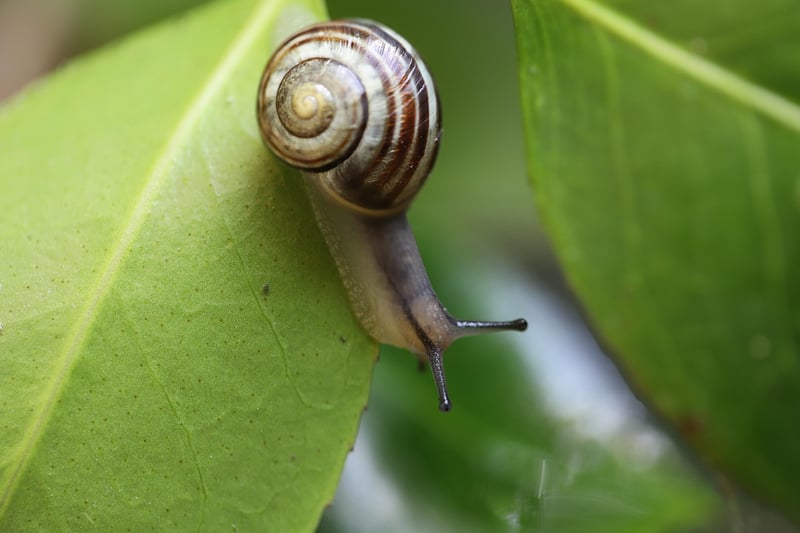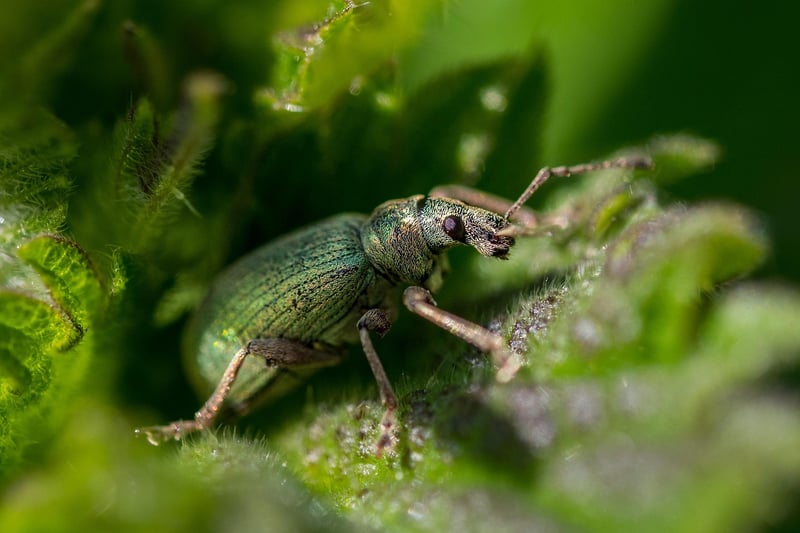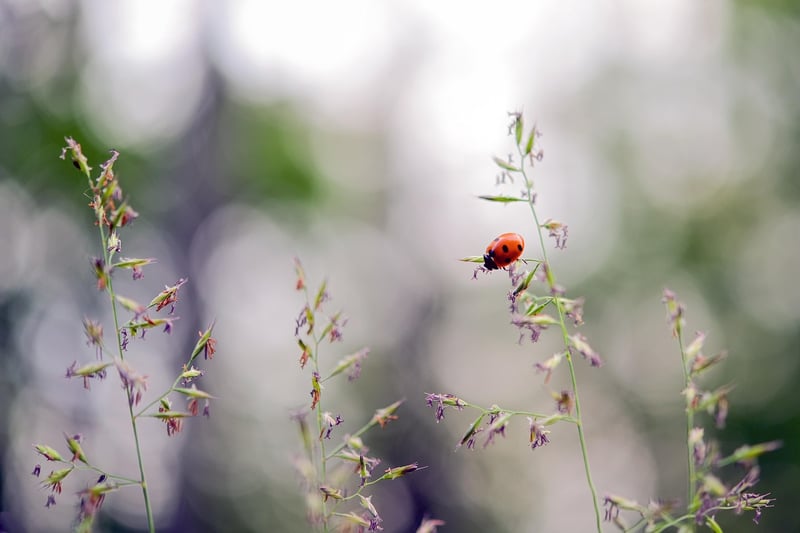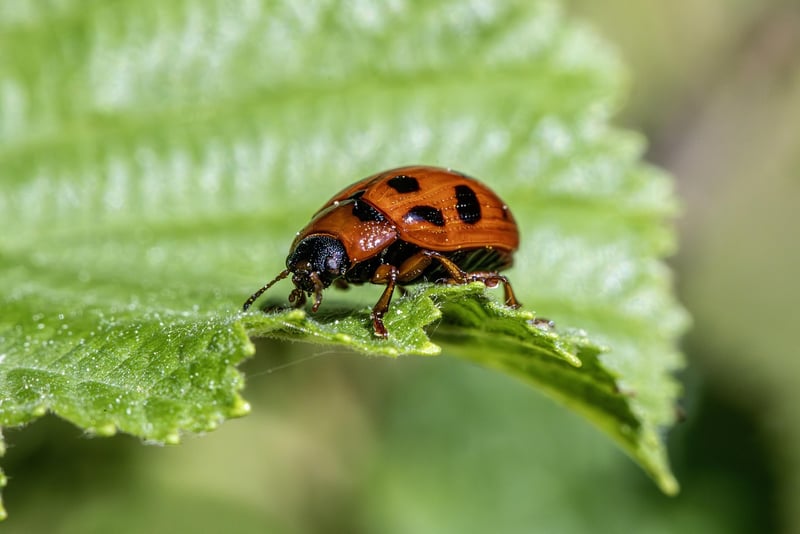Organic Pest Control
Dealing with Common Garden Pests + Organic Pest Control
Introduction:
Welcome to our guide on dealing with common garden pests and using organic pest control methods to protect your plants and vegetables. Whether you are a seasoned gardener or just starting, keeping your garden free from pests is essential for a thriving garden.
Common Garden Pests:
Identifying common garden pests is the first step in pest control. Here are some of the most prevalent garden pests:
- Aphids
- Slugs and Snails
- Caterpillars
- Whiteflies
- Spider Mites
Organic Pest Control Methods:
Organic pest control methods are not only effective but also environmentally friendly. Here are some organic solutions to combat garden pests:
- Neem Oil: A natural insecticide that disrupts the pests' hormonal balance.
- Diatomaceous Earth: A powdery substance that dehydrates and kills insects.
- Companion Planting: Planting certain plants together to repel pests.
- Beneficial Insects: Introducing ladybugs, lacewings, or praying mantises to eat harmful insects.
Using Organic Pest Control Wisely:
When using organic pest control methods, it's essential to follow these tips:
- Read and follow the instructions on the product label.
- Avoid using chemical pesticides that can harm beneficial insects.
- Apply treatments early in the morning or late in the evening when beneficial insects are less active.
- Monitor your garden regularly to catch pest infestations early.
Conclusion:
By identifying common garden pests and implementing organic pest control methods, you can maintain a healthy garden without harming the environment. Remember that prevention is key, so keep an eye on your plants and act promptly at the first sign of pest damage.



